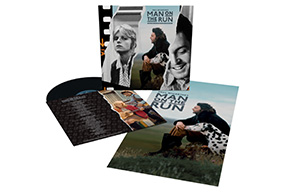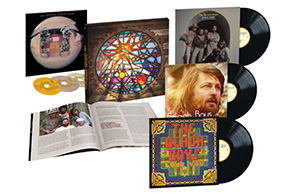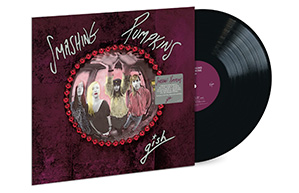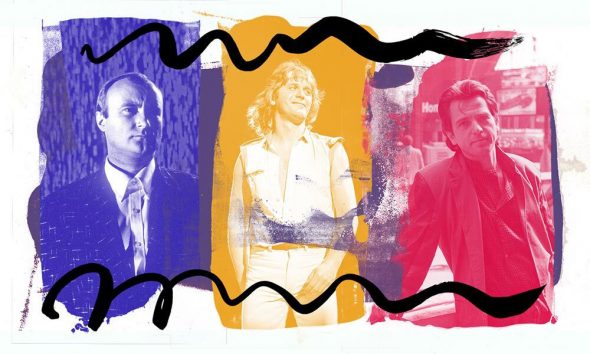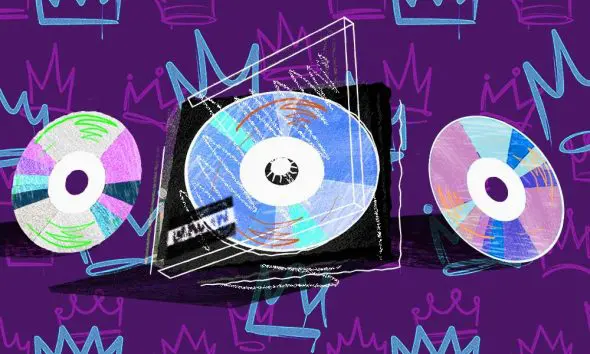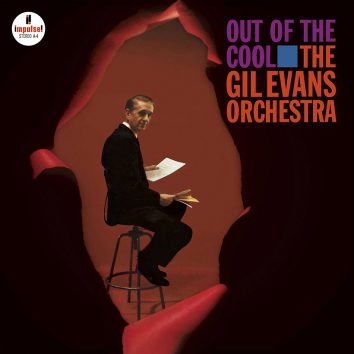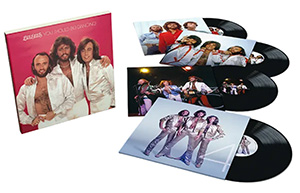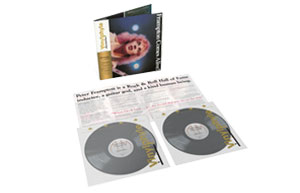‘Origen’: How A Covers Album Became Juanes’s Most Personal LP
The album saw the star revisiting the songs that shaped his life, from Joe Arroyo to Bruce Springsteen.
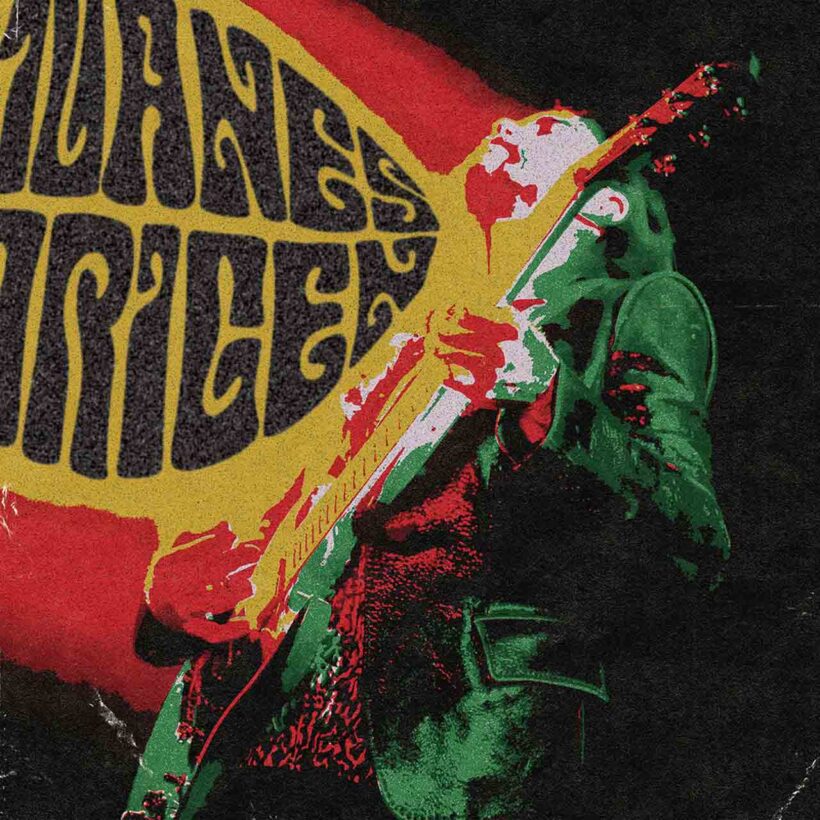
By 2021, Juanes had established himself as a major force in Latin music, breaking boundaries and genres with ease and becoming a global force. With nothing to prove, he decided that his ninth studio album would comprise cover versions; for Juanes, it gave him a chance to dig deep into his past and find out who he was.
Before the release of Origen, Juanes didn’t seem like the nostalgic type. His previous album was even called Más Futuro Que Pasado (“More Future Than Past”), in which he collaborated with young artists from reggaeton, pop, hip-hop, and even Mexican regional. However, Juan Esteban Artizábal Vásquez was put into an introspective mood by the COVID-19 lockdown. He first made his mark in his native Colombia with thrash metal band Ekhymosis, which gradually incorporated more melody into their music until they embraced softer sounds and a hookier approach. Going solo in 2000, Juanes quickly found a pop-rock sound that combined his love for electric guitars with big hooks, cruising on the edges of the Latin boom to become one of the decade’s biggest artists. His star was well established in the 2010s, netting more than 20 Latin Grammy Awards and multiple Grammy Awards.
Origen aimed to get a greater picture of Juanes’s musical journey. Produced by the artist along with Sebastián Krys, Juanes had a clear statement in mind. “It was like going back to my childhood, to remember how those songs moved me so much back then, what led me to make crazy decisions like dedicating my life to music,” he said at the time.
Shop for Juanes’s Origen on vinyl or CD now.
Juanes grew up in the ’80s in Medellín, a time of violence in Colombia, when Pablo Escobar and the drug cartels made life in the country a living hell. Juanes remembers listening to the bar around the block from the family house, where they played everything from metal to vallenato, tango to salsa. It became a balm for young Juan Esteban during difficult times.
For his versions, the artist wanted to stretch his sounds as well. “I wanted to rebuild these songs and put them back together my way,” Juanes said. “It helped me remember who I am […] to ground myself and keep going [in the right direction].” Indeed, his versatility doesn’t just show up in the song selection but also through the arrangements, underlined by a vintage analog sound by recording in an old-school studio.
Click to load video
Origen wastes no time to demonstrate its eclecticism by opening with “Rebelión” by Joe Arroyo, a salsa song that becomes rock with a bit of chicha thrown in there, thanks to the fuzzy guitar and organ playing twin riffs; on the other hand, “Volver” by the biggest tango star of all time, Carlos Gardel, finds a bridge between that genre, reggae, and bachata, finding common ground between the three; in contrast, Julio Jaramillo’s “Nuestro Juramento” straightens the groove into a danceable four-on-the-floor beat, with wailing guitar lines providing texture to the song.
Click to load video
Juanes shows his love for ska and rocksteady on his take on “La Bilirrubina,” one of the biggest hits by merengue superstar Juan Luis Guerra — with members of The Roots providing horns — while “Todo Hombre Es Una Historia,” by Colombian metal pioneers Kraken, gets an arrangement dominated by organ and percussion, contrasting the original. “El Amor Después Del Amor,” originally by Argentine rock icon Fito Páez, is perhaps the only track close to the original’s arrangement, while still containing many unique elements. Meanwhile, the only song in English, Bob Marley’s “Could You Be Loved,” features a boom-bap snap beat and tasteful guitar licks; reggae riddims reappear on “Sin Medir Distancias” by vallenato stalwart Diomedes Díaz.
Click to load video
Guitar riffs give Juan Gabriel’s “No Tengo Dinero” another dimension, bringing a bit of edge to the upbeat original, while Juanes masterfully subdues Bruce Springsteen’s “Dancer In The Dark” into a slow, ponderous country track. The album closes with a waltz-timed mariachi take on Spanish singer-songwriter Joaquín Sabina’s “Y Nos Dieron Las Diez,” bringing home a ride around a world of sounds and grooves.
Along with the album, there was an accompanying documentary directed by Kacho López, which follows Juanes as he rediscovered his favorite music. The album shows the artist going back to his childhood to find his memories and his essence. There are also staged scenes that give the film some flavor, like a reenactment of The Beatles playing The Ed Sullivan Show for “No Tengo Dinero.” It also shows him playing the tracks to three of the songwriters and performers — Guerra, Páez, and Sabina — as well as to Ziggy Marley, Bob’s son. “Those three minutes felt like an eternity and waiting for their reaction was terrifying,” he says of the experience. “But, in the end, I’m grateful for life and music, because I was able to pay tribute to them and it made me happy that they all liked my versions.”
Origen was a resounding success, earning Juanes both a Grammy and a Latin Grammy — for Best Latin Rock or Alternative Album and Best Pop/Rock Album, respectively. It also resonated with critics. “Juanes brings us a masterpiece, an honest and exquisite […] analog album [where] his vulnerability and determination translate into brilliant genius,” said Diego Ortiz for Rolling Stone. “This music is totally Juanes and everything sounds alive,” Billboard’s Leila Cobo wrote at the time, while Javier Calle in the Los Angeles Times said, “He makes deeply personal versions without sacrificing their essence.”
Origen also gave Juanes a new direction to follow. His follow-up, 2023’s Vida Cotidiana — written during the COVID-19 lockdowns — marked a return to stripped-down rock music, teaming up again with Krys and recording in an analog studio, similar to the covers experiment.
Although one can say that Origen is just a covers album, this is perhaps Juanes’s most definitive statement, thanks to his ability to assimilate sounds and give us unique interpretations while sounding completely relatable. Juanes is a master of balancing personal expression and mass appeal.


